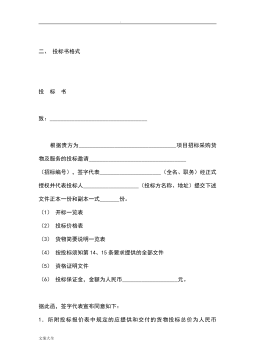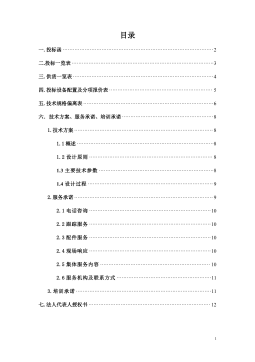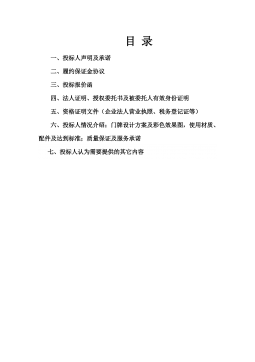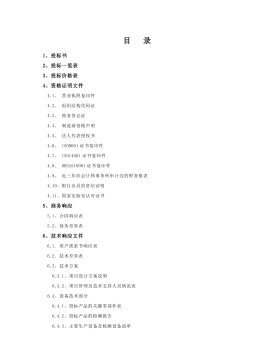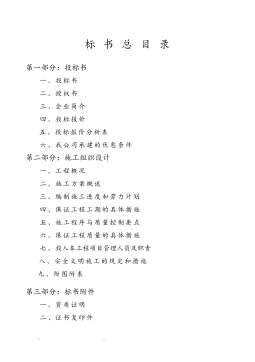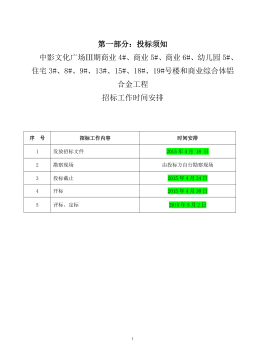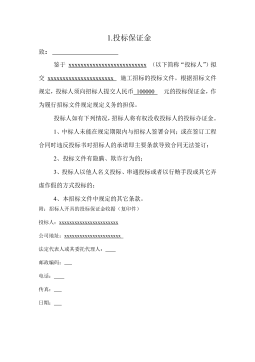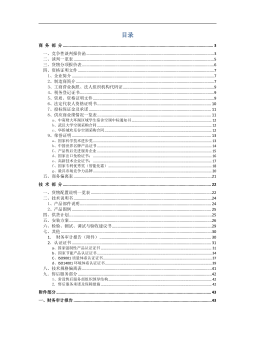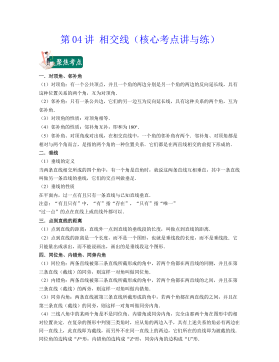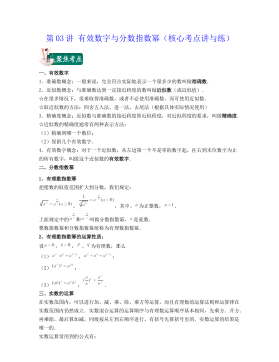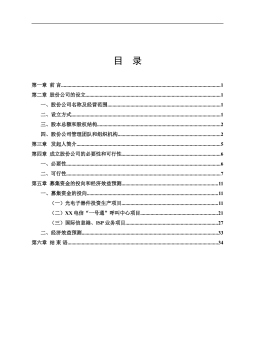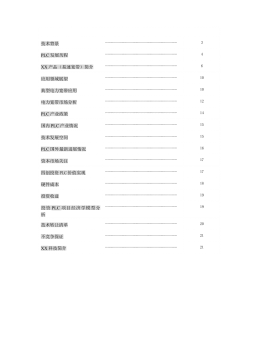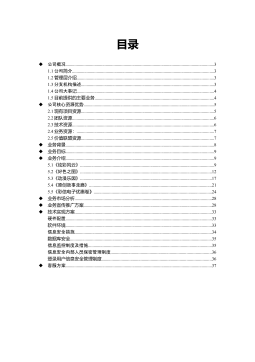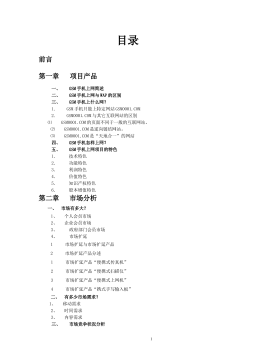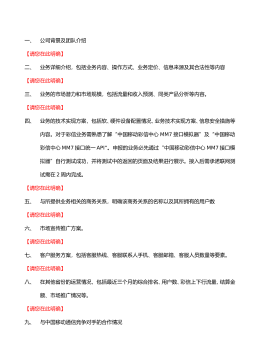国际收支的货币分析法研究——以我国的双顺差为例
VIP免费
浙江财经学院硕士学位论文
I
摘要
我国自 1994 年以来国际收支出现“双顺差”并且伴随着经济的高增长,根据
凯恩斯主义传统理论来看,经济的快速增长会恶化国际收支,这与我国现象不符。
并且为缓解国际收支顺差,外界强烈要求人民币升值的调节政策并没有改变我国
国际收支顺差的现状,故本文在国际收支的货币分析法的理论之下,通过建立货
币需求函数检验经济增长与人民币汇率如何影响国际收支,并根据相关的实证检
验结果提出调节国际收支的建议。
本文①开篇介绍国际收支货币分析法理论,该方法认为国际收支失衡归因于货
币市场失衡,外汇储备的增减是一国货币需求与货币供给失衡的体现,认为一国
快速的经济增长会导致国际收支的顺差,而国际收支顺差的形成是由于较快的经
济增长影响了货币市场所致。我国自 1994 年以来经济持续快速增长,并且国际收
支持续顺差,首先从表象上符合货币分析法的理论观点,所以本文以我国快速增
长的经济以及国际收支顺差为例,验证货币分析法对我国特殊现象的解释能力。
在理论分析的基础上进行实证检验,本文采用 1994 年第一季度到 2010 年第
一季度的数据,在国际收支货币分析法基本理论公式的基础上,对我国经济增长、
国内信贷如何影响国际收支做了实证检验,发现外汇储备与经济增长、国内信贷
存在协整关系,得出外汇储备增长率与经济增长率正相关,与国内信贷负相关的
结论。并在此基础之上建立货币需求函数,以进一步分析经济增长引起的国际收
支的变动。在货币需求函数中引入汇率因素,以检验外界施压人民币升值来减少
我国国际收支的观点是否可行,除此之外货币需求函数中还包括价格水平、利率
水平与货币化程度等变量,采用了协整分析以及短期货币需求函数的误差修正模
型分析,以期从货币角度更加细致的分析国际收支顺差产生的原因。
研究结果表明我国货币需求与收入水平、价格水平、利率、货币化程度以及
汇率等变量存在长期协整关系,在国内信贷不变的前提下,经济增长可以通过引
起增加货币需求量导致国际收支顺差;利率的上升会导致货币需求量减少,超出
货币需求量的这部分货币供给量遍流出国外,有利于改善国际收支;人民币兑美
元汇率的检验显示人民币汇率与货币需求成负向关系,即人民币升值会导致货币
需求量增加,在央行控制货币供应量以及经济快速增长吸收部分货币供给量的条
件下,人民币的升值只会导致更大的国际收支顺差。
通过理论分析与实证检验,我们发现我国国际收支的失衡是我国货币市场失
衡的体现,并且在经济快速增长时期,以人民币升值改善国际收支顺差的政策不
①本文系教育部人文社会科学重点研究基地重大项目《世界经济失衡与中国选择》(项目编号:
2006JDXM063)
以及浙江财经学院校级课题《我国经济增长与国际收支关系研究——基于货币分析法》的研究成果。
浙江财经学院硕士学位论文
II
能达到预期的效果。
根据货币分析法的政策建议以及实证检验结果分析得出,我国可以在控制风
险、避免通货膨胀的前提下,利用扩张性的国内信贷政策调节国际收支顺差;还
可以在控制国内信贷的前提下,利用利率政策调节货币需求量,进而达到调节国
际收支的目的;同时逐步深化资本金融项目的可兑换改革,短期内人民币汇率维
持稳定,并逐步深化人民币汇率改革,使人民币汇率更富弹性,也可在一定程度
上改善国际收支顺差。
关键词:国际收支货币分析法;经济增长;双顺差;人民币汇率;货币需求函数
浙江财经学院硕士学位论文
III
ABSTRACT
Since 1994, China's balance of payments has continuous "double surplus" and
accompanied by high economic growth rate, according to the view of traditional
Keynesian theory, rapid economic growth will worsen the balance of payments, this
does not match China. And in order to ease the international balance of payments
surplus, foreign countries required the appreciation of RMB policy has not changed the
status of China's international balance of payments surplus, so under the monetary
approach theory, this article will test how the RMB exchange rate and economic growth
can affect the balance of payments through establishing money demand function in
china, and according to test results, we will propose policy recommendations to adjust
international balance of payments.
This paper elaborates the theory of monetary approach, it suggests that the
imbalance of international payments due to the imbalance of money market, foreign
exchange reserves increase or decrease due to the imbalance of money supply and
money demand, that a country's rapid economic growth will lead to balance of
payments surplus, the formation of the international balance of payments surplus is due
to fast economic growth influence money market. Since 1994, China's sustained and
rapid economic growth and continuous balance of payments surplus, this phenomenon
appearance in line with the theory of monetary approach, so this article takes
fast-growing economies of China and the international balance of payments surplus for
example, and verify the explanatory power of the monetary approach to China's
particular phenomenon.
Based on theoretical analysis and empirical test, we use the data of the first quarter
of 1994 to first quarter of 2010, on the basic of theoretical formula of monetary
approach to balance of payments, make an empirical test on China's economic growth,
domestic credit how to influence the international payments, and found that foreign
exchange reserves and economic growth, domestic credit has cointegration relationship,
foreign exchange reserves growth rate and economic growth rate has positive
correlation, and negative correlation with domestic credit. Then establish money
demand function for further analysis on economic growth influencing international
balance of payments. Introducing RMB exchange rate to the demand function to test
that RMB appreciation to reduce China's international balance of payments is viable or
浙江财经学院硕士学位论文
IV
not, in addition to money demand function also includes factors of price level, interest
rates and M/GDP, through cointegration analysis and error correction model of
short-term money demand function, hope to find more detailed reasons on balance of
payments surplus from monetary point.
The results show that China's money demand and income, price level, interest rates,
M/GDP and RMB exchange rate has long-term cointegration relationship, under the
premise of domestic credit constant, economic growth can lead to increase money
demand, then the balance of payments surplus coming; increased interest rate will lead
to reduce money demand, the part money demand over money supply will outflow to
foreign countries, this will improve the international balance of payments; the RMB
against the U.S. dollar exchange rate exists negative relationship between money
demand, that’s to say, if central bank can control money supply and the rapid economic
growth can absorb part of money supply, RMB appreciation would lead to increased
money demand, and greater balance of payments surplus appeared.
Through theoretical analysis and empirical test, we found that the imbalance of
international payments is caused by imbalance of currency market, and in the period of
rapid economic growth, to improve the international balance of payments surplus by the
policy of RMB appreciation can't achieve the desired effects.
According to the monetary approach policy proposals and analysis of empirical test
results, if risk and inflation are controlled, we can use expansionary domestic credit
policy to regulate international balance of payments surplus; also under the premise of
domestic credit remained constant, interest rate policy can be used to adjust the balance
of payments through adjusting money demand; while gradually deepening the capital
convertibility reform of capital and financial account, RMB exchange rate remained
stable in short-term, and gradually deepening the reform of RMB exchange rate to make
RMB exchange rate more flexible, also can improve the international balance of
payments surplus.
Key words: Monetary approach to balance of payments; Economic growth; Double
surplus; RMB exchange rate; Money demand function
摘要:
展开>>
收起<<
浙江财经学院硕士学位论文I摘要我国自1994年以来国际收支出现“双顺差”并且伴随着经济的高增长,根据凯恩斯主义传统理论来看,经济的快速增长会恶化国际收支,这与我国现象不符。并且为缓解国际收支顺差,外界强烈要求人民币升值的调节政策并没有改变我国国际收支顺差的现状,故本文在国际收支的货币分析法的理论之下,通过建立货币需求函数检验经济增长与人民币汇率如何影响国际收支,并根据相关的实证检验结果提出调节国际收支的建议。本文①开篇介绍国际收支货币分析法理论,该方法认为国际收支失衡归因于货币市场失衡,外汇储备的增减是一国货币需求与货币供给失衡的体现,认为一国快速的经济增长会导致国际收支的顺差,而国际收支顺差...
作者:李佳
分类:高等教育资料
价格:150积分
属性:66 页
大小:972.71KB
格式:PDF
时间:2024-09-20


